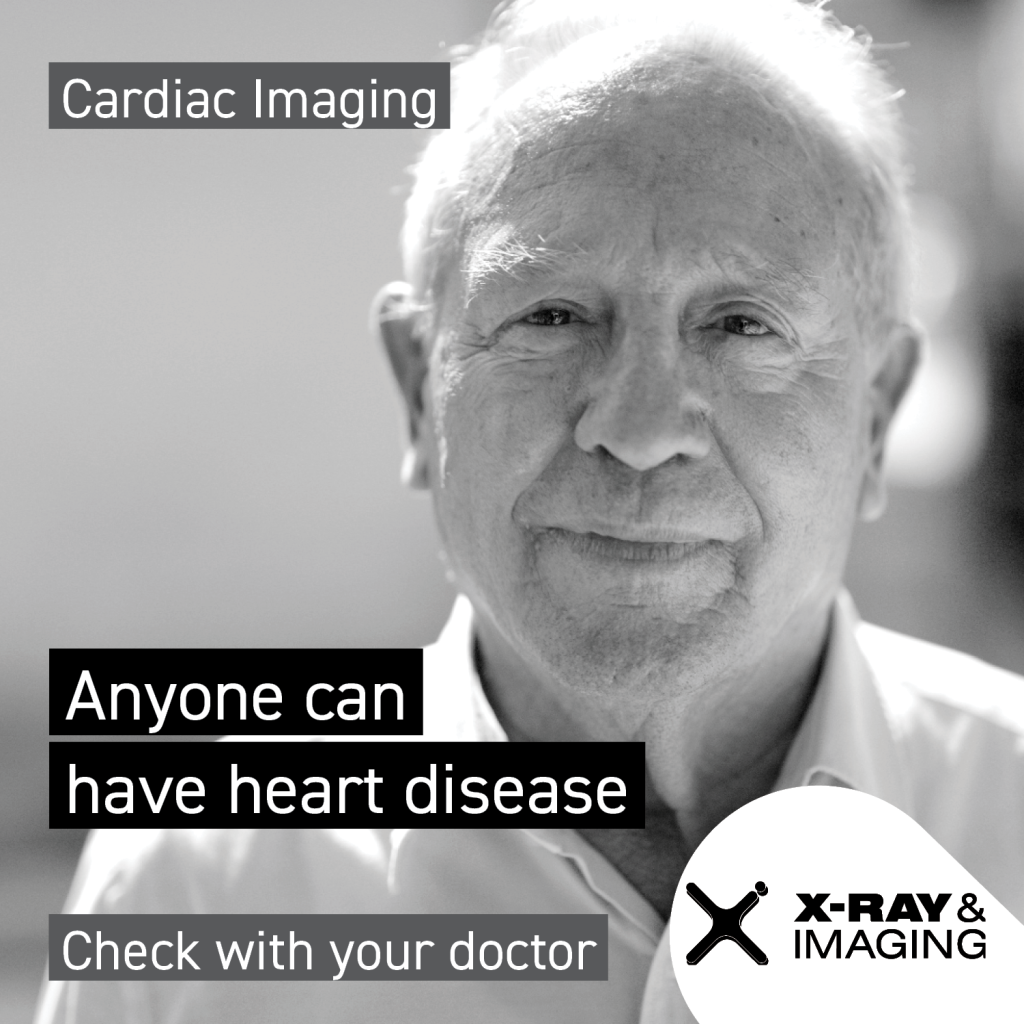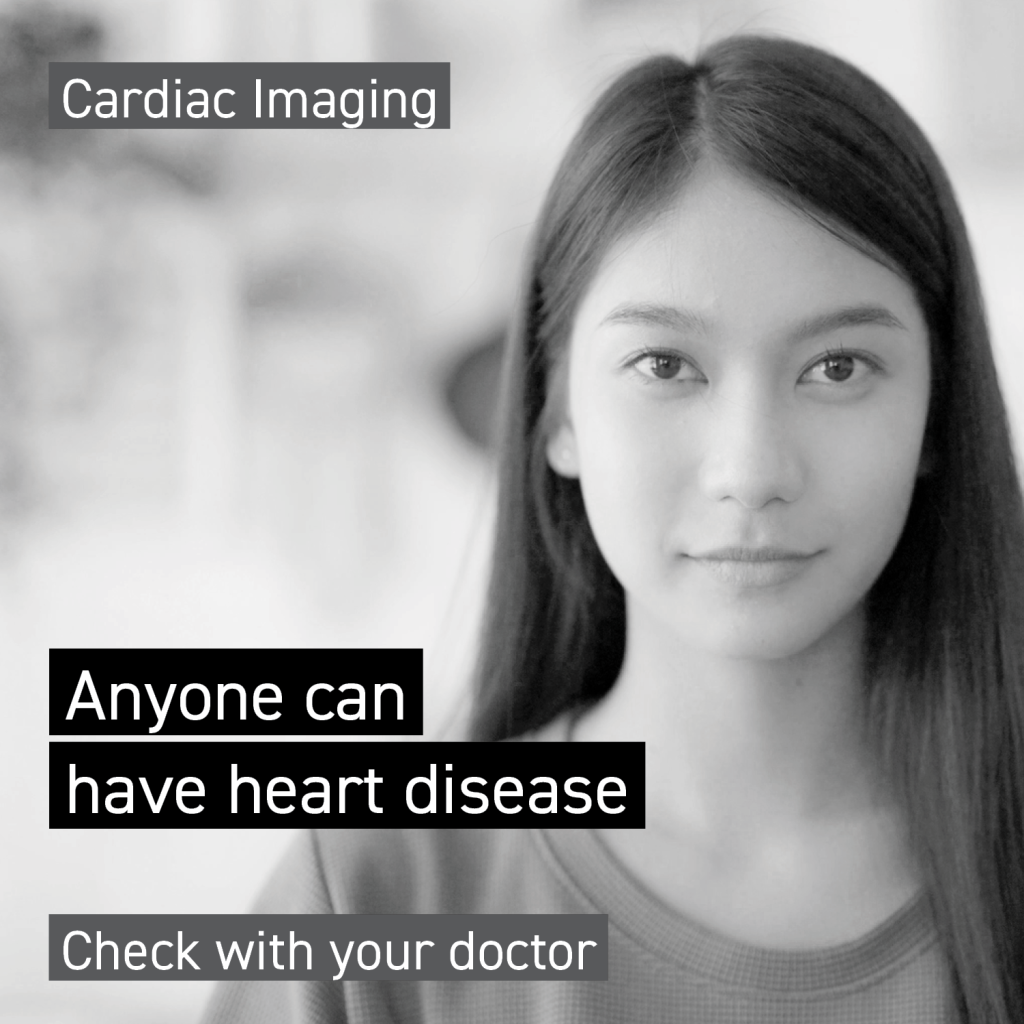Anyone can have heart disease.

Our Cardiac Imaging Services
Did you know that cardiovascular disease is the number one cause of death amongst Australian men and women?
But increasingly accurate testing and non-invasive interventions can lead to better quality of life and increased life expectancy.
X-Ray & Imaging provides a range of advanced cardiac imaging services using state-of-the-art technology to assist you. We employ sub-specialist cardiac radiologists, nuclear medicine physicians and work with cardiologists, whose combined experience often collaborate to provide a precise analysis of your cardiovascular health.
Cardiac Imaging Explained
This video is part of our Explained series where we demystify medical imaging so you’re empowered with the knowledge to make informed decisions about your health.
The information in this video is general in nature and should not be take as individual medical advice. If you have any concerns about your health you should contact your doctor. The tests shown in this video are general and may not be available at the location closest to you. Please refer to our Services page for more information.

Some of the cardiac imaging services available at X-Ray & Imaging include:
- CT Calcium Score: provides the ability to visualise, measure and report coronary calcification and calculate the calcium score using a non-invasive cardiac CT exam. This test enables clinical reporting for coronary risk assessment.
- CT Coronary Angiogram (CTCA): a low risk, low radiation dose, non-invasive examination of the coronary arteries. It can accurately detect and grade stenosis or narrowing within the coronary arteries, as well as being able to demonstrate developmental anomalies of the coronary vessels.
- Echocardiogram: A transthoracic echocardiogram, also called an echo, is a complex, non-invasive examination that uses ultrasound to image the heart and is the first-line cardiac imaging investigation for many cardiac conditions. This examination provides detailed live images of the heart muscle’s function and valves, giving a highly accurate assessment of the overal health of the heart.
- Myocardial Perfusion Study: Myocardial Perfusion Study, is a Nuclear Medicine approach, using a radioactive tracer to evaluate myocardial blood flow during periods of rest and at the peak of exercise. This assesses the patency of the arteries that supply blood to the heart muscle, identifying whether they are unobstructed, partially blocked or completely blocked.




